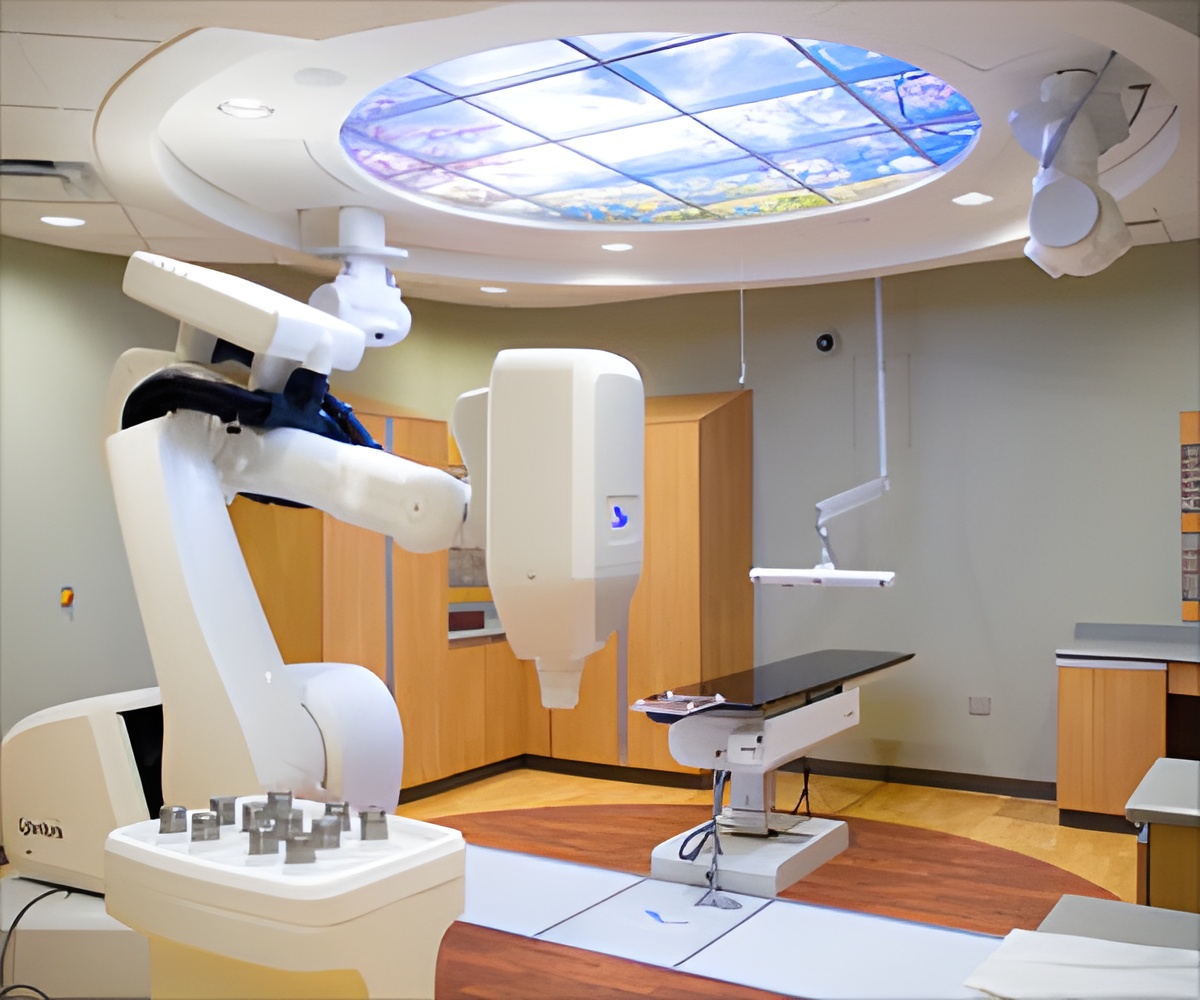Scientists have speculated that mechanisms that preserve mitochondrial function are responsible for supporting tumor expansion.

‘Mitochondria play a crucial role in a tumor's ability to process the energy needed to grow and spread, so identifying the mechanisms of how tumors maintain the function of mitochondria and exploit it to support abnormal cell proliferation and metastatic spread may uncover new therapeutic targets in a wide variety of cancers.’





Now, scientists at The Wistar Institute have identified a specific network of proteins present in mitochondria of tumor cells that is essential for maintaining a clean function of mitochondria, enabling not only the proliferation of tumor cells but also their ability to move and invade distant organs. By understanding the players involved, Wistar scientists were able to turn off individual subunits within the network, which greatly reduced the ability of cancer cells to grow and spread, suggesting an attractive new therapeutic target. The findings were published in the journal PLOS Biology. "This is an example of how tumors can quickly adapt to cope with their own higher biosynthetic needs," said Dario C. Altieri, M.D., President and CEO of The Wistar Institute, director of The Wistar Institute Cancer Center, the Robert & Penny Fox Distinguished Professor, and lead author of the study. "Mitochondria play a crucial role in a tumor's ability to process the energy needed to grow and spread, so identifying the mechanisms of how tumors maintain the function of mitochondria and exploit it to support abnormal cell proliferation and metastatic spread may uncover new therapeutic targets in a wide variety of cancers."
Prior studies provided evidence that the ability to control the folding and stability of proteins, or proteostasis, was important to reduce cellular stress. It has also been known that tumors hijack mechanisms of proteostasis to their advantage, but how this happened in mitochondria had remained largely unknown. The network described by the Wistar scientists answers this question and confirmed its important role in tumor development. In particular, one of the components of this network - ClpP - was found universally overexpressed in primary and metastatic human cancer and correlates to shortened patient survival. In this study alone, the scientists identified overexpression of this subunit in breast, prostate, colon and lung cancers as well as melanoma and lymphoma.
"There's quite a bit of interest in targeting pathways involved in mitochondria function, and we've identified one such pathway that may provide a ‘drugable' target for a variety of cancers," said Jae Ho Seo, Ph.D., a postdoctoral fellow in the Altieri lab at Wistar and first author of the study. "Other studies have shown that it is feasible to target mitochondrial proteins in preclinical models, so disrupting the network we identified in this study could shut off key processes that lead to tumor progression."
This work was supported by the National Institutes of Health grants P01 CA140043, R01 CA78810 and CA190027, R01 CA089720, F32CA177018, the Italian Minister of Health grant GR2011-02351626, the Prostate Cancer Research Program under Award No. W81XWH-13-1-0193, and a Challenge Award from the Prostate Cancer Foundation. Core support was provided by the Cancer Center Support Grant CA010815 to The Wistar Institute. Co-authors of this study from The Wistar Institute include: Dayana B. Rivadeneira, M. Cecilia Caino, Young Chan Chae, David Speicher, Hsin-Yao Tang, Andrew V. Kossenkov, and Lucia R. Languino. Other co-authors include: Valentina Vaira and Silvano Bosari from the University of Milan in Italy, and Alessandro Palleschi and Paolo Rampini from the Fondazione IRCCS Ca' Granda Ospedale Maggiore Policlinico in Italy.
Advertisement















